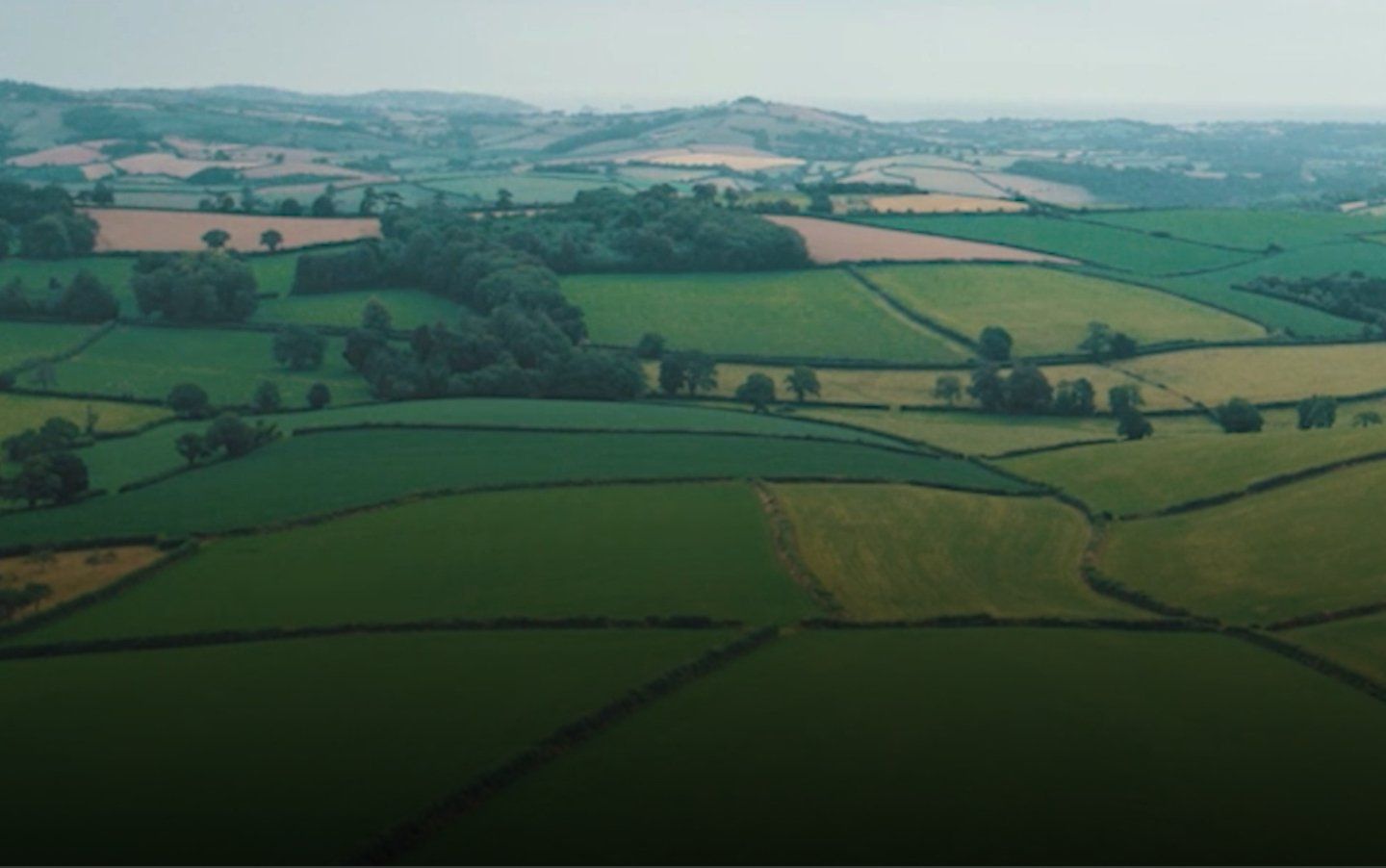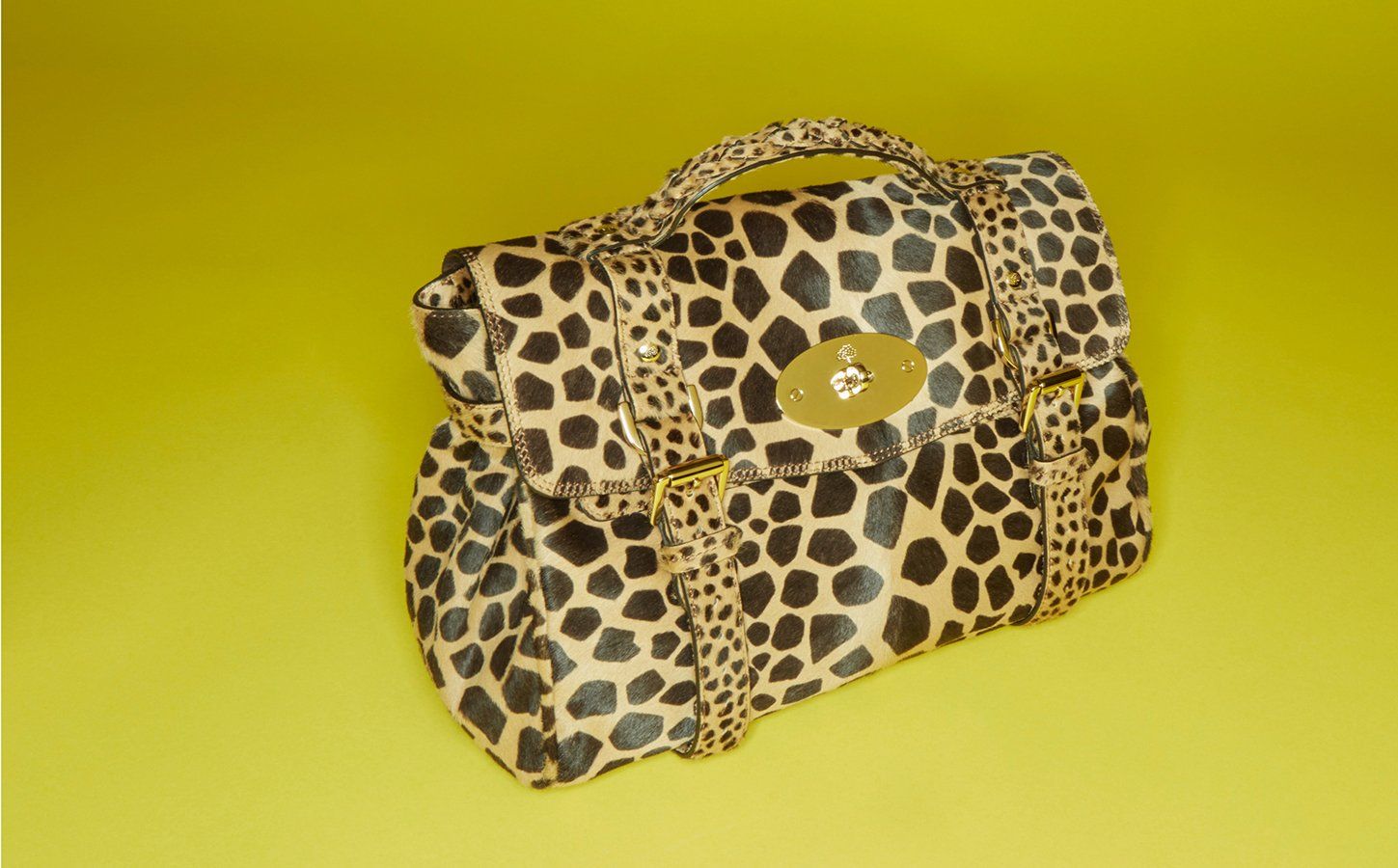과학 기반 목표
2024년 4월, 단기 배출 감소 목표는 SBTi(Science Based Targets initiative, 과학 기반 목표 이니셔티브)의 승인을 받았으며, 명품을 만드는 일의 중심에 지속가능성을 두는 Mulberry의 사업 성장 약속을 뒷받침하는 것입니다. SBTi의 승인은 우리 회사의 목표가 최신 기후 과학과 1.5°C 기온 감소를 위한 방법에 일치함을 의미합니다.
SBTi의 승인을 받은 Mulberry의 과학 기반 목표는 다음과 같습니다.
- 회계 연도 2019를 기준으로 회계 연도 2028년까지 반드시 1, 2, 3단계 GHG 배출양을 37.8% 줄이는 것을 목표로 한다.
- FLAG(Forest, Land and Agriculture): 회계 연도 2019를 기준으로 회계 연도 2030년까지 반드시 3대 온실 가스(숲, 육지, 농업) 배출양을 33.3% 줄이는 것을 목표로 한다.*
- Mulberry Group plc는 주요 산림전용 관련 상품 전���을 대상으로 2025년 12월 31일까지 산림 파괴 제로 달성을 목표로 한다.
Mulberry가 제공하는 제품과 재생 가능 농업 활동 지원에 있어 가죽이 얼마나 중요한 역할을 하는지를 잘 이해하기에 산림, 육지, 농업(FLAG) 부문 지도서를 바탕으로 구체적인 3단계 목표도 세웠습니다.
과학 기반 목표를 세우고, 우리 회사의 연간 탄소 발자국을 계산하기 위해 세계 기후 컨설팅 기관인 Carbon Trust와 협업했습니다.
SBTi의 승인은 2021년, 우리 사업을 재생 가능하고 순환하는 모델로 전환하고, 2035년까지 탄소 중립(온실 가스 배출 Net Zero)이라는 목표를 달성하기 위해 발표한 Made to Last 공약을 실천하는 여정에 힘을 싣는 일입니다.
*목표에는 FLAG 배출 및 제거가 포함됩니다.
우리의 탄소 발자국
단기 과학 기반 목표의 발표에 이어, 내부적으로 당사의 탄소 데이터 수집의 정확도를 높이는 일에 우선순위를 두고 있습니다. 기업 전반의 탄소 추적, 감소 모델 구축, 주요 탈탄소 기회를 모색하는 탄소 데이터 관리 시스템에도 투자하고 있습니다. 회계 연도 2019와 2020의 탄소 발자국 기준치는 2021/22 지속가능성 보고서에서 확인 가능합니다.
Mulberry 영국의 운영과 당사가 구매한 가죽으로 발생하는 모든 탄소 배출양은 환경 자선 단체인 World Land Trust가 검증한 탄소 크레딧을 통해 상쇄합니다. Mulberry는 카리브해 과테말라 REDD+ 프로젝트를 지원하는 "Carbon Balanced" 프로그램과 협력하여 현재까지 4740.54톤의 대기 중 이산화탄소를 제거했습니다. 하지만 이런 활동만으로는 장기적인 해결안을 제공하지 못합니다. 당사의 온실 가스 발자국 감소를 추진하기 위해, 재생 가능 농업과 재생 가능 에너지의 투자를 바탕으로 공급망을 구축하는 활동 등의 이니셔티브도 개발 중입니다.
2019년부터 칠콤튼의 룩커리(Rookery)와 서머셋 브릿지워터의 윌로우스(Willows)에 자리한 Mulberry의 두 영국 공장에서 배출하는 모든 탄소를 상쇄하고 있습니다. 지난 해 이미 1, 2단계 실천을 통해 영국에서 배출되는 온실 가스를 9.5% 감소시켰으며, 윌로우스에 새로 설치한 매년 공장에서 필요로 하는 전기 양의 60% 가량을 생산해내는 360KW 태양광 발전 장치를 이용해 추가 감소를 추진할 예정입니다.
이러한 노력은 사업 운영 방식의 변화를 요구합니다. 2022년 Mulberry는 탄소 중립 달성을 위한 직원들의 참여를 지원하기 위해 Ecologi와 협업했습니다. 기후 위기 해결안을 모색하고, 전 세계에서 식목 활동을 하는 Ecologi 기금으로 Mulberry에 신입사원이 입사할 때마다 한 그루씩 나무를 심는 방식으로 현재까지 1,350그루의 나무를 심었으며, 우리 사업 전반에 사용되는 항공기에서 배출되는 568톤의 탄소 영향력을 상쇄하였습니다.
용어 설명
- 1 & 2단계 배출 – Mulberry가 소유하거나 직접 운영하는 시설에서 배출되는 탄소(예 - 우리 공장, 사무실, 매장의 냉난방, 조명 등)
- 3단계 배출 – 우리의 활동으로 인해 간접적으로 배출되는 탄소(예 - 우리 제품에 사용되는 가죽의 무두질로 발생하는 탄소 등)
- 상쇄(Offsetting) - 우리 사업에서 발생하는 탄소의 상쇄에 사용되는 탄소 포집 솔루션에 투자(예 - 지대 회복 및 식목 활동)
- 인세팅(Insetting) - 재생 가능 농업 및 재생 가능 에너지 생산과 같은 당사 자체 공급망 내 기후 변화 완화 전략에 투자
공급 체인 협력사
우리 가방의 50% 가량을 제작하는 Mulberry 소유의 영국 내 두 개의 공장이 있으며, 영국, 이탈리아, 터키, 중국, 베트남에서 선정된 장기 협력사들로 구성된 그룹에서 만들어진 완제품을 소싱합니다. Mulberry의 원자재는 더 넓게 채택합니다. 가죽과 패션업계에서 뛰어난 기술과 헤리티지를 보유한 국가들과 협력하여 당사의 고품질 기준과 진보적인 신제품 개발 프로그램을 지원합니다.
Mulberry는 '농장에서 완제품까지' 투명성을 유지하는 것이 재생 가능 사업 모델 구축에 필요한 바탕이라고 생각합니다. 이러한 신념을 실천하기 위해 다음 제품 카테고리의 1단계, 2단계 공급업체 명단을 발표합니다. 가죽 제품, 소프트 액세서리, 선글라스
아래의 버튼을 클릭하면 목록을 확인하실 수 있습니다.
2023 공급업체 목록폐기물
Mulberry의 제조 기술에는 정교한 패턴 배치로 생산하는 모든 가방에서 남는 가죽을 최소화하는 방법이 있습니다. Scrap Store와 협력하여 버려질 수 있는 Mulberry의 폐기물을 현지 학교와 대학교, 공예 단체에 전달하여 현지 커뮤니티가 고품질 소재로 아름다운 작품들을 만들 수 있게 지원합니다.
Mulberry의 서머셋 공장들 역시 Zero Waste 및 매립 공급업체들과 협력하여 다시 사용될 수 없거나 재활용할 수 없는 폐기물에서 에너지를 복원합니다. 일반적으로 재활용할 수 없어 매립지로 가게 되는 폐기물이 에너지 회복 시설에서 처리되어 전국 송전선망에 전력을 공급함을 의미합니다.
Mulberry는 제품 파기에 무관용 접근 방식을 취합니다. 제품을 파기하지 않고 할인가, 아웃렛 매장, 직원 할인을 활용해 초과 생산 또는 파손된 재고를 해결합니다. 우리가 가장 중요하게 생각하는 것은 수선, 리폼, 용도 변경을 통해 모든 Mulberry 제품의 수명을 연장하는 것입니다. 이를 위한 헌신이 Mulberry의 순환 제안의 핵심이며, 우리가 제품을 디자인하고 제조하는 방식과 고객에게 제공하는 서비스에 영향을 미칩니다.
매장 내 쇼핑백부터 공급업체 운송에 이르는 공급망과 운영 전반에서 사용되는 패키징의 환경 영향을 지속적으로 파악해 감소시키고 있습니다. 우리 회사의 대표적인 Mulberry 그린 패키징은 일회용 커피컵을 폐기하여 아름다운 종이와 쇼핑백으로 변신시키는 혁신적인 컵사이클링 기술로 만들어집니다. 이 공정을 채택한지 1년 만에 협력사인 James Cropper 제지는 매립지에 버려졌을 커피컵 405만 개 이상을 Mulberry 그린 종이로 재활용했습니다.



